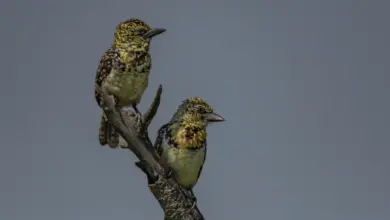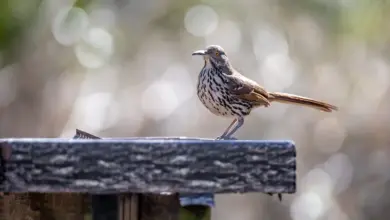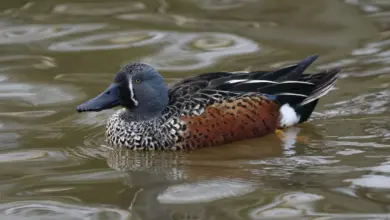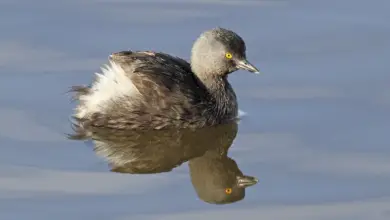Black-backed Barbets (Lybius minor)
Black-backed Barbets (Lybius minor)
The Black-backed Barbets (Lybius minor) – also known as Levaillant’s Barbets
– Are African Barbets found in the following countries:
Angola, Burundi, Republic of the Congo, Democratic Republic of the Congo, Gabon, Malawi, Tanzania and Zambia.
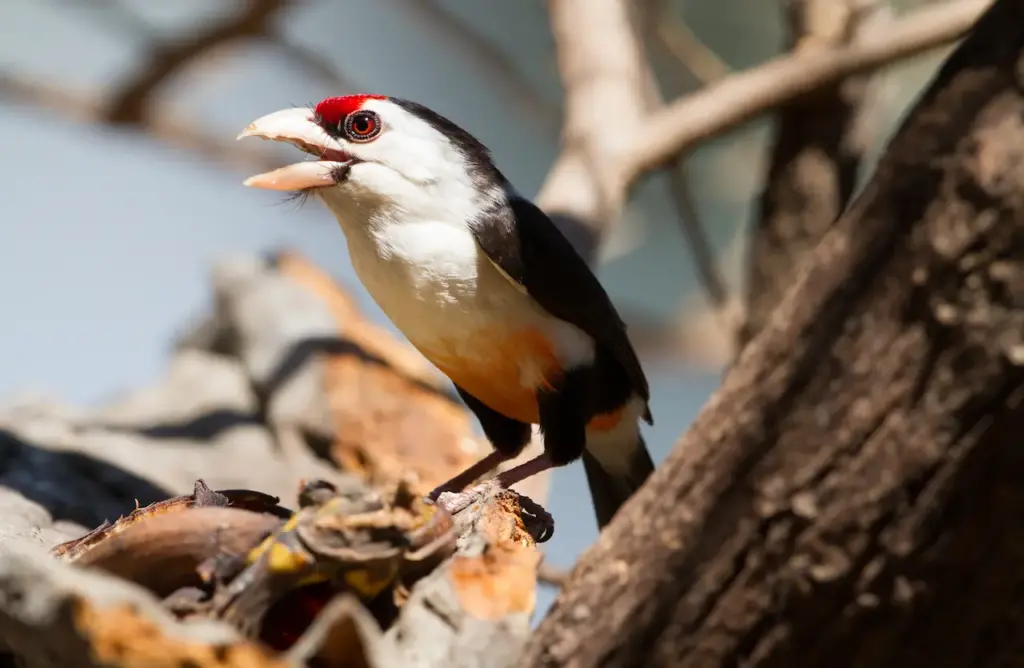
Subspecies and Ranges
- Lybius minor minor (Cuvier, 1817) – Nominate Form
- Range: Southern Gabon to western
- Democratic Republic of the Congo (formerly Zaire), south to west-central Angola.
- Range: Northeastern Angola, south-central Democratic Republic of the Congo, southern Burundi, and western Tanzania south to northern and western Zambia and northwestern Malawi.
Description
Black-backed Barbets usually measure between 20 – 25 cm in length. They are plump-looking, with large heads. Their heavy bill is fringed with bristles.
Diet / Feeding
These mostly solitary birds eat a variety of fruits, including figs. They will also visit plantations and feed on cultivated fruit and vegetables. Fruit is eaten whole and indigestible material such as seed pits is regurgitated later. They are believed to be important agents in seed dispersal.
In addition to fruit, they also eat a wide range of insects, including ants, cicadas, dragonflies, crickets, locusts, beetles, moths, mantis, as well as scorpions, and centipedes. On occasion, they may also feed on lizards, frogs, and geckos.
Nesting / Breeding
They typically nest in tree cavities. The hen usually lays between 2 to 4 eggs that are incubated for 13 – 15 days. Nesting duties are shared by both parents.

